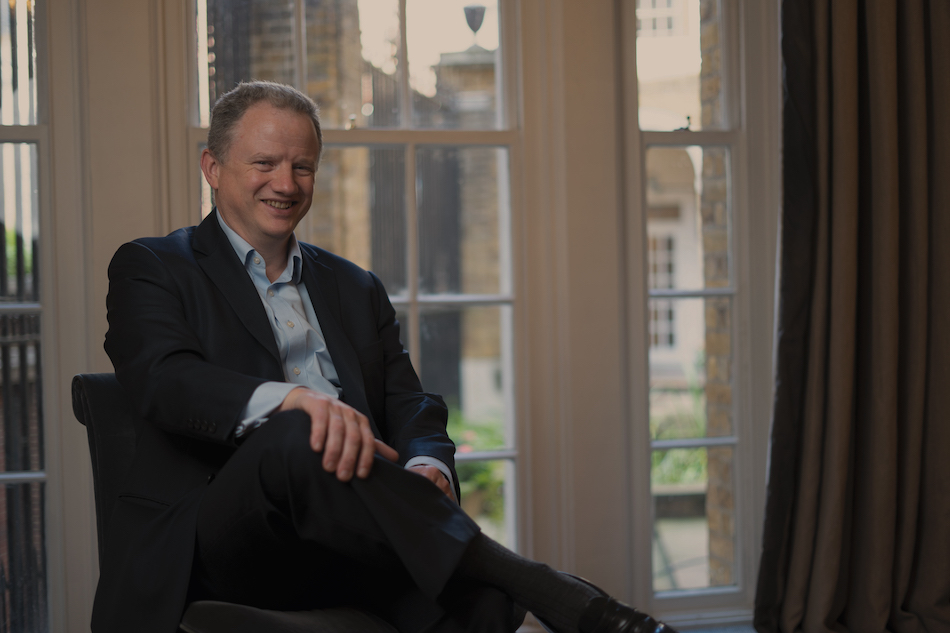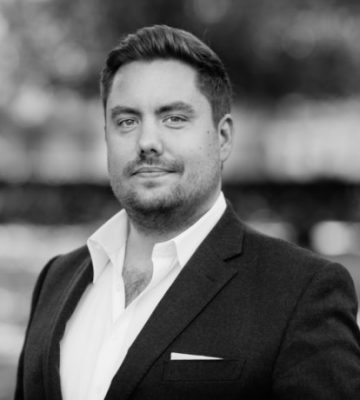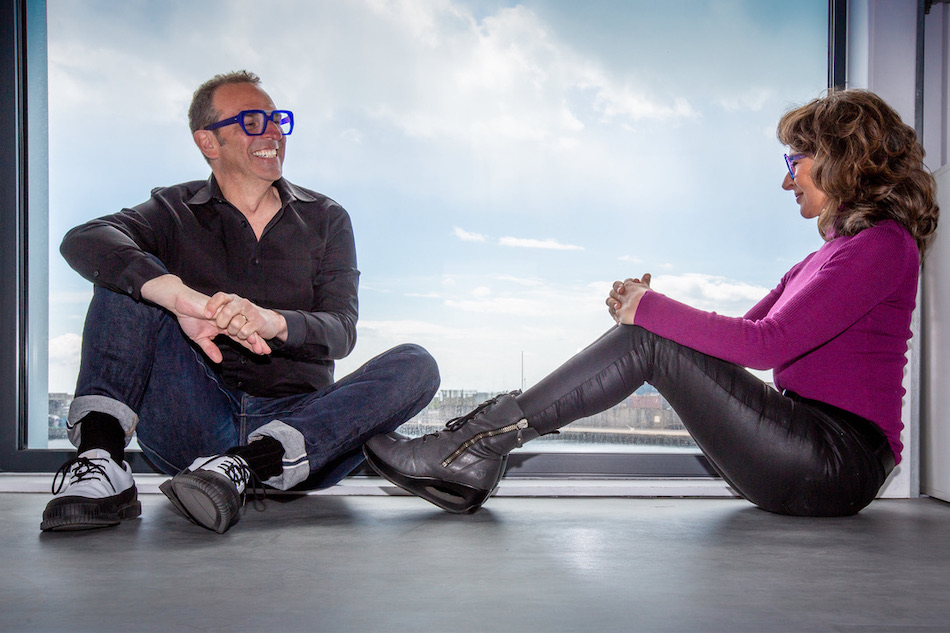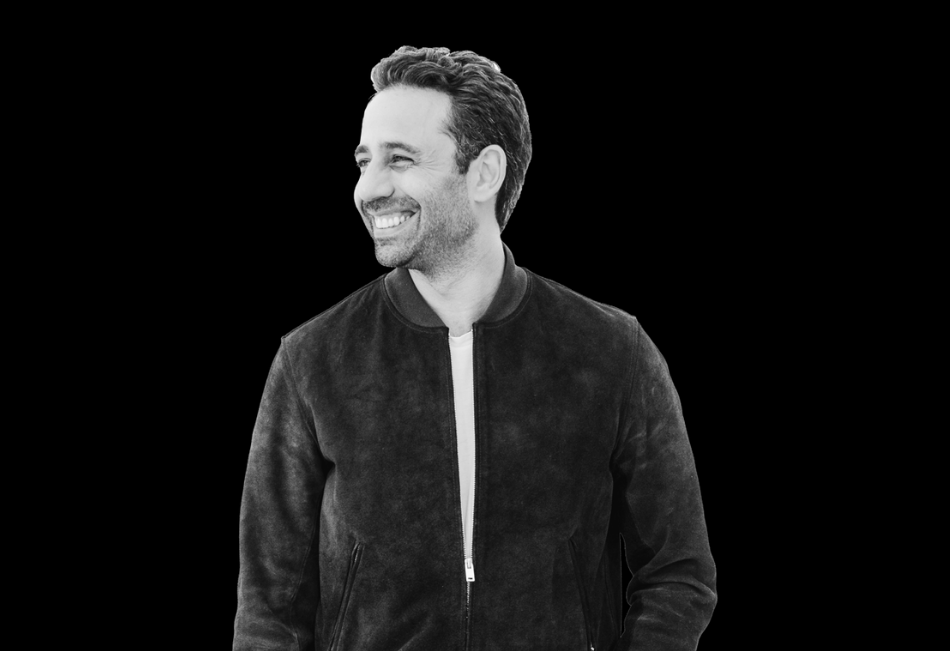It is often said that change happens gradually, then suddenly. That is not entirely true. Change is incremental and we only tend to notice it once enough small shifts have accumulated. Occasionally, however, change really does happen quickly – usually in response to technological innovation or external crises. Then we call it a revolution.
At C. Hoare & Co., the UK’s oldest family-owned bank where I am a partner and director, we have witnessed most kinds of change. In nearly 350 years, we have seen industrial revolutions, world wars, financial crashes, climate change…and this is not our first pandemic. Our customers trust us to be ready for the expected and the unexpected.
The current pandemic will undoubtedly bring its own legacy of change. Homeworking and video calls have become normal for many. Some of us have enjoyed spending more time with our family in lockdown. Some, on the other hand, have experienced isolation. Will we, when the pandemic is finally under control, revert to life as it was two years ago? The jury is still out, but I doubt it.
Many changes were happening anyway. COVID-19 merely hastened their widespread adoption. As a bank, we often ask ourselves (and our customers) what the future will look like. It is certain that customers will increasingly want quick and efficient solutions to their everyday needs. In the past few years, ‘digital’ has gone from being nice-to-have to a necessity. Children growing up today will look back on earlier generations and wonder how we managed before we could communicate at the speed of light.
One thing we know will not change. Humans are social animals. We thrive on our interactions and seeing people face-to-face. Zoom and similar technologies are unlikely ever to replace this, however convenient it is to see and speak to someone in New York and Hong Kong on the same day without leaving our spare bedroom.
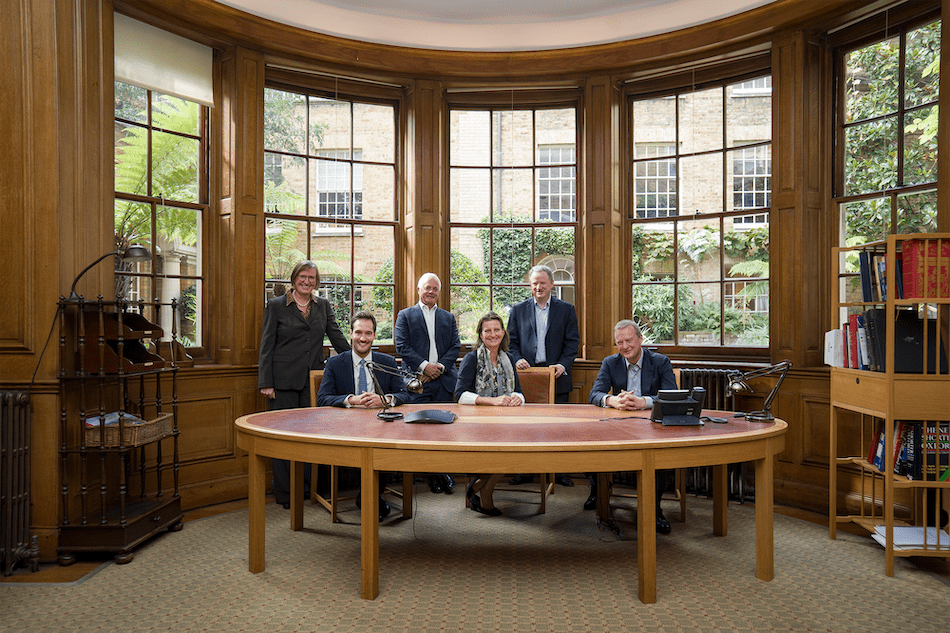
The partners, C. Hoare & Co. Left to right: Bella Hoare, Rennie Hoare, Alexander Hoare, Venetia Hoare, Alex R Q Hoare, Simon Hoare
Increasingly, machine learning and algorithms are used by the industry to drive models. The logic is that patterns tend to repeat themselves and, particularly when applied over a large group, these patterns can be used to predict the future. These models have a place, and at C. Hoare & Co. we are experimenting with our own data-science team. However, technology is not at a point where it can handle every interaction. The Pareto principle (20% of the input creates 80% of the result) is as valid here as elsewhere and it is our belief that humans are still better at spotting outliers and making decisions than computers. Beyond this, our customers see huge value in being able to speak to a human being and have a sensible conversation with someone who understands them and what they are trying to achieve. Trust continues to be important. We never forget that when a customer deposits money with us, they are trusting us to give it back when they ask for it. We take a similar view when making a lending decision.
The financial impact of COVID-19 is felt most by those who are already disadvantaged. C. Hoare & Co. has a long tradition of philanthropy and many of our customers are very interested in how they can give back to society. We were the first bank in the UK to introduce a donor advised fund (DAF) – ours is called the Master Charitable Trust – which is effectively an umbrella charity that enables customers to give in a tax-efficient manner without the administrative overhead of running their own charity or foundation. In the 10 years since the Master Charitable Trust was launched, we have facilitated charitable donations of £160m.
The bank also looks to donate 10% of profits each year to good causes and 100% of our endowment is now invested for impact. We are delighted, too, that over half of our staff have signed up to our Give As You Earn (GAYE) payroll giving scheme that double-matches charitable donations.
Whether the pandemic provokes a wholescale revolution or a series of societal nudges, it will have far-reaching consequences – from the future of the high street to how we educate our children. Not all of these are yet clear. Nor can we underestimate the environmental challenge which will increasingly be the focus of coming generations. Meeting change with confidence and ingenuity has rarely been more urgent.


